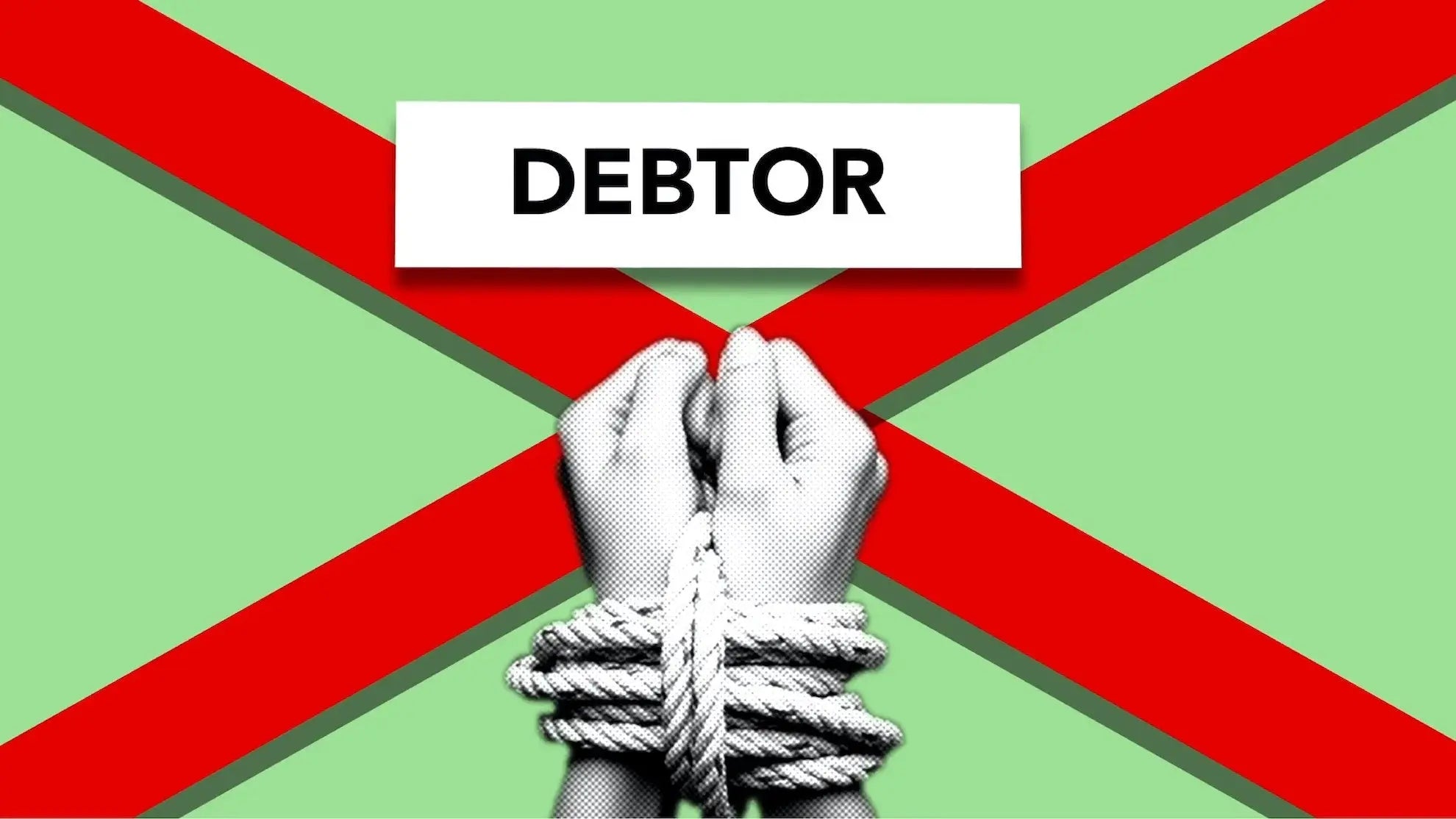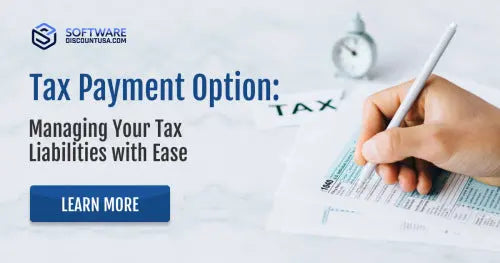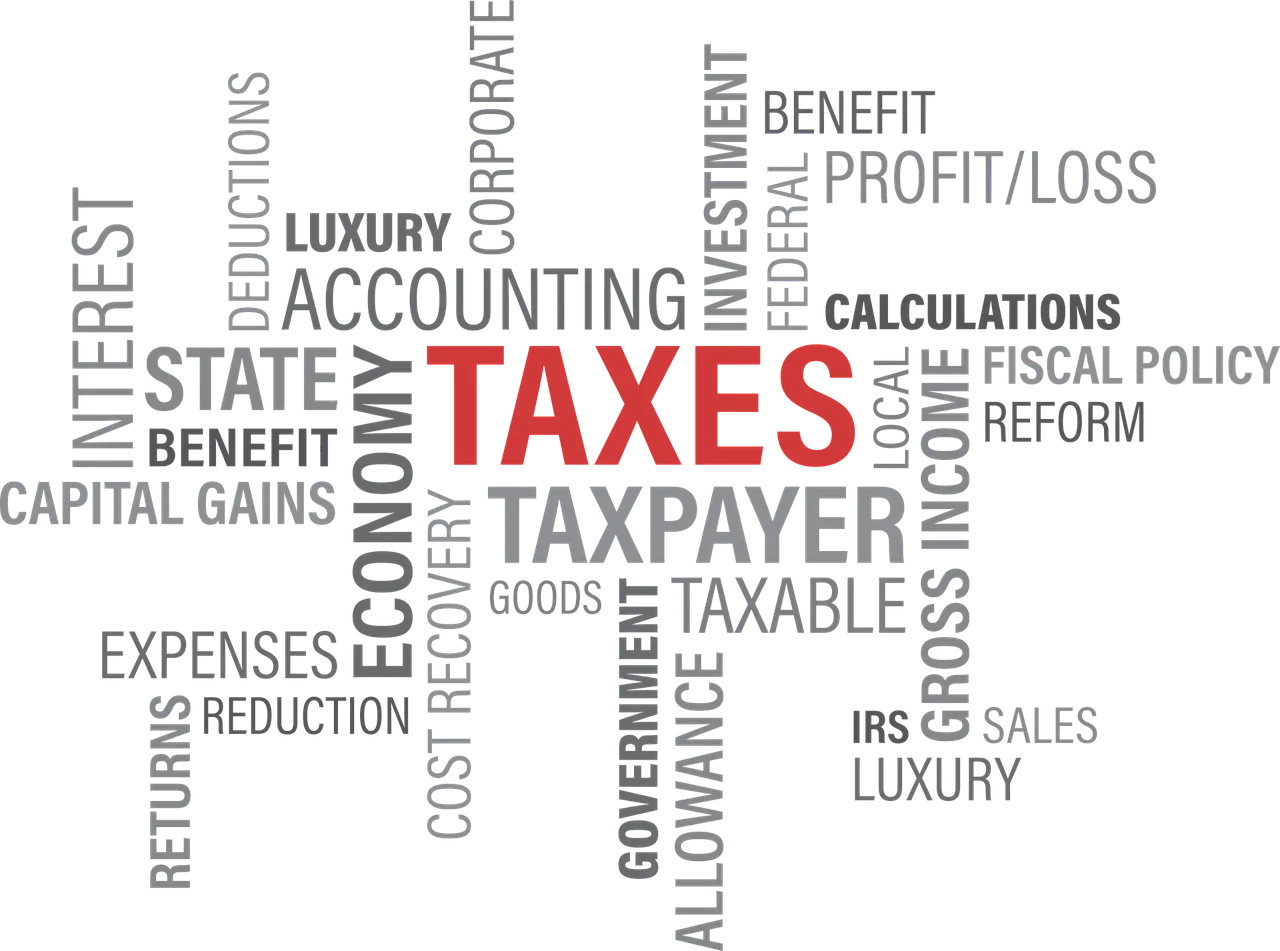
Back Taxes: What Can Happen if You Owe the IRS
Tax season can be a stressful time for many individuals, and the prospect of owing back taxes to the Internal Revenue Service (IRS) can amplify that stress. If you find yourself in this situation, it's crucial to understand the potential consequences and available options for addressing your tax liability. Let's explore what can happen if you owe back taxes to the IRS and how you can navigate this challenging situation.
Best Deal on TurboTax!
The Collection Process Unveiled
When you file your tax return and can't pay the full amount you owe, the IRS initiates the collection process. This process continues until your account is settled or until the legal window for tax collection expires. The first notice you receive will be a letter detailing the balance due, which includes the tax amount, penalties, and interest accrued from the due date.
Interest and Penalties: The Compounding Duo
Your unpaid balance incurs interest that compounds daily, along with a monthly late payment penalty, both up to the maximum allowed by law. To minimize these charges, it's in your best interest to pay your tax liability promptly. If paying in full isn't feasible, exploring alternative methods of financing, such as a cash advance on your credit card or a bank loan, may prove advantageous. Often, the interest rates and fees from credit card companies or banks are more favorable than the combined penalties and interest set by the IRS.
Best Deal on TurboTax!
Payment Plans: A Path to Relief
If immediate payment isn't possible, you may qualify for a payment plan. One option is a short-term payment plan that spans up to 180 days, catering to individual taxpayers with combined tax, penalties, and interest amounts under $100,000. Should you require more time, a monthly installment agreement might be a suitable solution. Applying for a payment plan can be done via the Online Payment Agreement (OPA) Application or by completing Form 9465, Installment Agreement Request, and mailing it with your bill. Alternatively, you can request an installment agreement over the phone using the provided contact number. Keep in mind that setting up an installment agreement incurs a user fee. For individuals with lower incomes, this fee could be reduced, waived, or reimbursed under specific conditions. While making installment payments, the interest and late payment penalties will continue to accumulate.
IRS Installment Plan
Offer in Compromise: A Potential Resolution
An Offer in Compromise (OIC) offers another avenue for those unable to pay in full. This agreement involves negotiating with the IRS to settle your tax liability by paying a reduced amount. To qualify, you must have filed all tax returns, received a bill for at least one tax debt included in the offer, met estimated tax payment requirements for the current year, and complied with federal tax deposit obligations for the preceding quarters if you're a business owner with employees.
IRS Offer in Compromise
Temporary Relief: Currently Not Collectible Status
In situations where financial hardship prevents you from paying any tax debt, you may request a temporary delay in collection. If the IRS deems your financial condition dire, it may report your account is “currently not collectible”, which means the debt remains unpaid due to your inability to pay. Despite this status, the debt continues to accrue penalties and interest until settled. While your account is in this state, the IRS might suspend certain collection actions like issuing a levy, though they may still file a Notice of Federal Tax Lien.
The Consequences of Non-Payment
Failure to address your tax debt voluntarily can lead to various consequences. The IRS may file a Notice of Federal Tax Lien, alerting your creditors to your outstanding tax debt. This legal claim encompasses your property, including assets acquired after the lien's emergence. A federal tax lien arises when the IRS sends the first notice demanding payment, and it remains until the tax, penalty, interest, and recording fees are paid or the legal window for collection ends. In severe cases, the IRS can seize your assets—wages, bank accounts, Social Security benefits, and even property—selling them to satisfy the tax debt. Future tax refunds can also be intercepted to offset your tax liability.
Taking Action: Your Rights and Protections
It's crucial to take proactive steps to address your tax debt. If you don't initiate contact, the IRS may take action to collect the taxes owed. Throughout the collection process, you have rights and protections outlined in the Taxpayer Bill of Rights, Publication 1, and Publication 594, "The IRS Collection Process." Being well-informed about your rights empowers you to make informed decisions during this challenging period. In conclusion, owing back taxes to the IRS can be a complex and overwhelming situation. However, there are options available to help you navigate this challenge. Whether through payment plans, Offers in Compromise, or temporary relief, it's essential to address your tax liability proactively. Seeking professional tax advice and contacting the IRS to discuss your situation can provide clarity and guide you toward a resolution that fits your circumstances. Remember, addressing your tax debt head-on can lead to financial relief and peace of mind.



